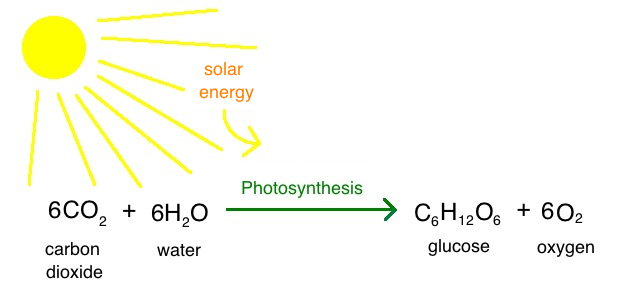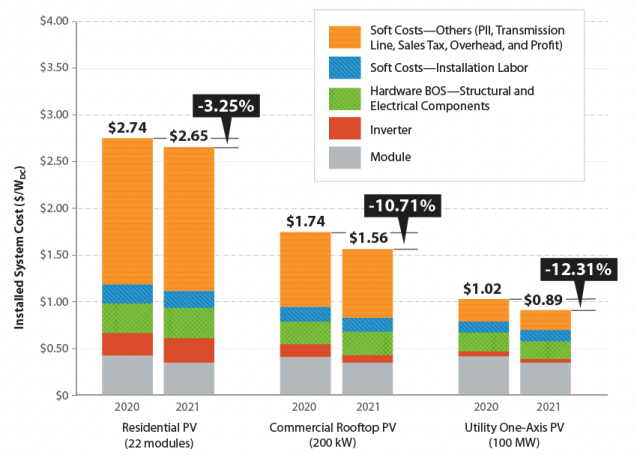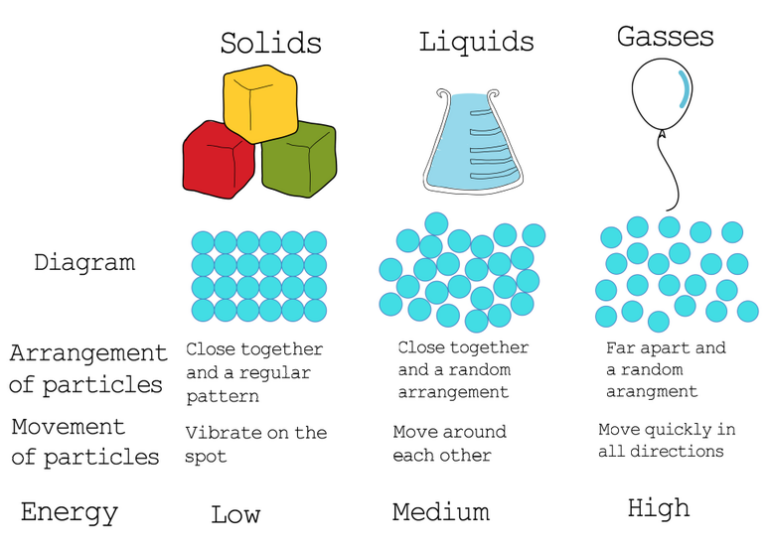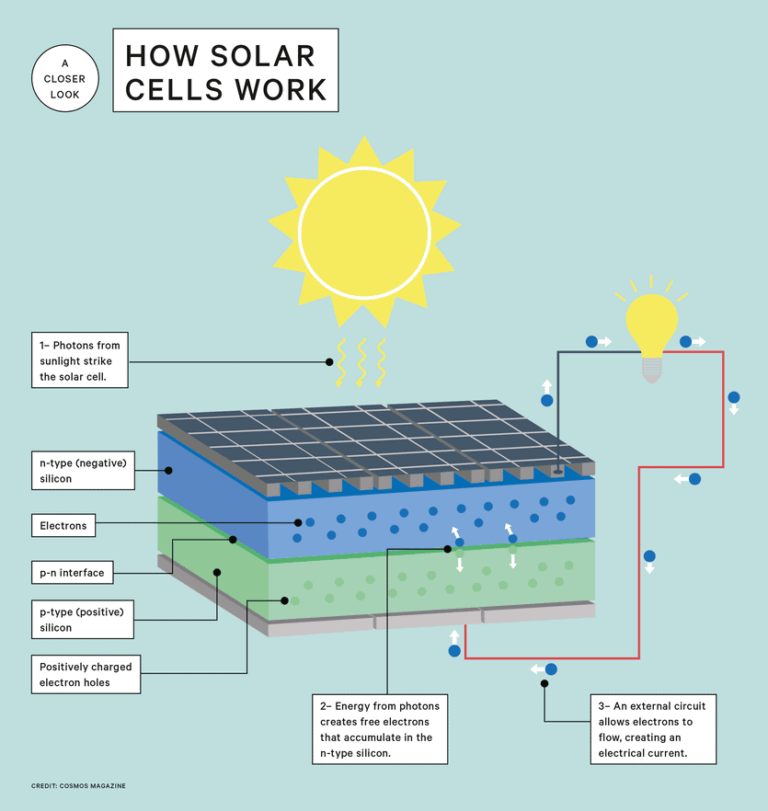How Does Solar Energy Reduce Electricity Bills?
Are you curious about how solar energy can reduce your electricity bills? Well, you’re in the right place! Solar energy is a fantastic way to save money and help the environment at the same time. In this article, we’ll explore how solar power works and how it can significantly reduce your monthly electricity expenses.
Imagine this: harnessing the power of the sun to generate electricity for your home. It’s like having your very own mini power plant! Solar panels, installed on your roof or in your backyard, absorb sunlight and convert it into usable electricity. This means you can rely less on traditional energy sources and more on the free, renewable energy provided by the sun.
But how does this translate into savings on your electricity bills? By generating your own electricity through solar power, you can significantly reduce your dependence on the grid. This means you’ll be drawing less power from your local electricity provider, resulting in lower monthly bills. Plus, in many areas, excess energy generated by your solar panels can be sold back to the grid, earning you credits or even cash!
So, not only does solar energy help save the planet by reducing greenhouse gas emissions, but it also helps save your hard-earned money by lowering your electricity bills. Ready to learn more about the benefits of solar power? Keep reading to discover all the ways it can make a positive impact on your life and the environment!
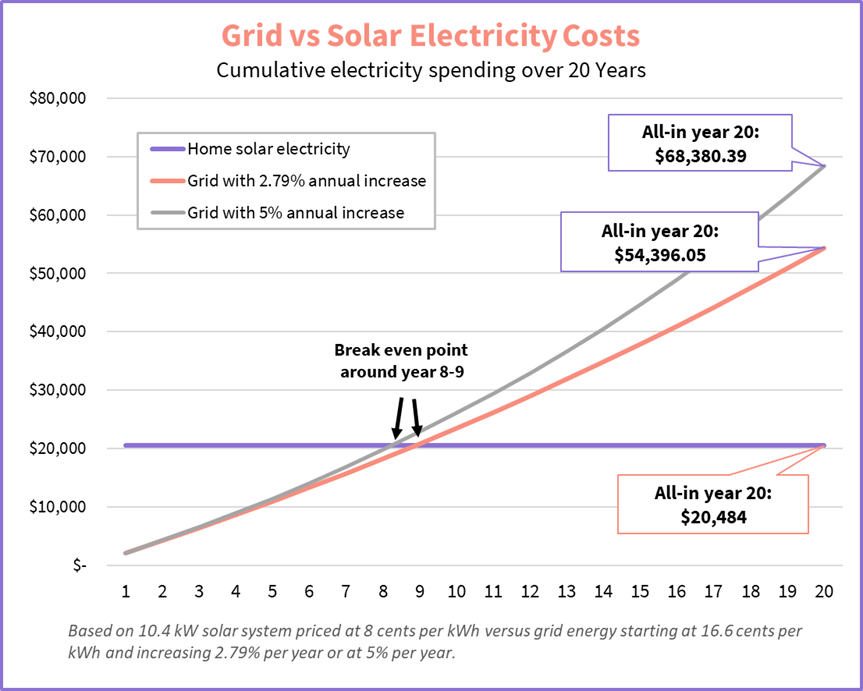
How Does Solar Energy Reduce Electricity Bills? Exploring the Benefits of Solar Power
Solar energy has become increasingly popular as a renewable and cost-effective alternative to traditional electricity sources. The utilization of solar power can significantly reduce electricity bills while contributing to a sustainable future. By harnessing the power of the sun, homeowners and businesses can not only save money but also reduce their carbon footprint. In this article, we will delve into the various ways solar energy reduces electricity bills and the benefits it brings.
1. The Power of the Sun: Generating Electricity from Solar Energy
When the sun’s rays reach photovoltaic (PV) panels installed on rooftops or other areas, they generate direct current (DC) electricity. This energy is then converted into alternating current (AC) electricity through inverters, making it compatible with the electrical systems of buildings. By producing clean and renewable electricity, solar energy systems eliminate or significantly reduce the reliance on traditional power sources, leading to reduced electricity bills.
Furthermore, excess electricity generated during sunny periods can be fed back into the power grid through a process known as net metering. This allows homeowners and businesses to earn credits for the electricity they supply, further reducing their electricity costs.
Solar systems can also incorporate battery storage technology, which enables the storing of excess electricity for use during times when the sun is not shining. This provides even more opportunities for reducing reliance on the grid and lowering electricity bills.
2. Bye-Bye to High Energy Rates: Protection Against Rising Electricity Costs
Electricity rates have been steadily increasing due to various factors, such as the rising costs of fossil fuel extraction, infrastructure maintenance, and regulatory compliance. However, with solar energy, homeowners and businesses can protect themselves against these escalating electricity rates. By generating their own electricity, they become less susceptible to price hikes and fluctuations in the energy market.
Switching to solar also offers long-term energy cost stability. With solar panels having a lifespan of around 25 years or more, the energy generated is essentially free for the duration of their operation. This stability and predictability make solar energy an appealing choice for those looking to reduce their electricity bills and long-term financial commitments.
Additionally, certain government incentives and rebate programs can further help offset the costs of installing solar systems, making it even more financially attractive for users. These incentives often vary by location and can significantly contribute to the reduction of electricity bills.
3. Energy Efficiency: Combining Solar Power with Energy-Saving Measures
Solar energy can be further optimized by implementing energy-efficient measures within homes and businesses. By reducing energy consumption through practices such as using energy-efficient appliances, insulating buildings, and implementing smart energy management systems, the demand for electricity can be minimized. This, in turn, maximizes the impact of solar energy generation by ensuring that most of the energy produced is utilized effectively.
For instance, energy-efficient lighting systems, such as LED bulbs, consume significantly less electricity compared to traditional incandescent bulbs. By pairing such energy-saving measures with solar power, the overall electricity consumption can be reduced even further, resulting in substantial savings on utility bills.
Moreover, energy efficiency measures not only reduce electricity bills but also contribute to a greener and more sustainable future by reducing the carbon footprint associated with energy consumption.
4. Environmental Benefits: Going Green and Reducing Carbon Footprint
Solar energy is undoubtedly a clean and renewable energy source. Unlike fossil fuels, solar power does not release harmful greenhouse gas emissions or pollutants during the generation of electricity. By reducing reliance on conventional electricity sources, such as coal or natural gas power plants, solar energy helps to decrease carbon dioxide emissions and air pollution.
With the world facing the urgent need to address climate change and reduce its impact, transitioning to solar energy offers a significant contribution towards a greener future. By reducing electricity bills while simultaneously reducing environmental harm, solar power provides a win-win solution for both homeowners and the planet.
Furthermore, by setting an example and investing in renewable energy sources, individuals and businesses can inspire others to take action and create a more sustainable world.
5. Reliability and Resilience: Empowering Energy Independence
One of the often-overlooked benefits of solar energy is its ability to provide reliable and resilient power supply. Traditional electricity grids can be susceptible to disruptions due to severe weather events or infrastructure failures. However, with solar energy systems, homeowners and businesses can enjoy a more reliable power source.
During power outages, solar systems with battery storage can continue to supply electricity to essential appliances and devices, ensuring comfort and productivity even when the grid is down. This added resilience is particularly valuable in regions prone to frequent power outages or those wanting to be self-sufficient in times of emergencies.
By reducing dependence on the grid and harnessing the power of the sun, solar energy provides a sense of energy independence, allowing users to take control of their electricity needs.
6. Increased Property Value: An Investment in the Future
Installing solar energy systems not only reduces electricity bills but also adds value to properties. While the initial investment may seem significant, solar systems have shown to increase the resale value of homes and commercial properties. Homebuyers and businesses are increasingly recognizing the long-term financial benefits and environmental advantages associated with solar power, making solar-equipped properties more appealing.
Moreover, third-party studies have shown that properties with solar panels tend to sell faster than those without. As the demand for renewable energy continues to grow, having a solar energy system in place can give property owners a competitive edge in the real estate market.
Therefore, investing in solar energy is not just a smart financial decision for the present but also an investment in the future value of the property.
7. Economic Benefits: Job Creation and Local Economic Growth
Transitioning to solar energy has significant economic benefits beyond reduced electricity bills. The renewable energy sector, including solar energy, has seen substantial growth in recent years, resulting in job creation and economic stimulation.
The installation, maintenance, and manufacturing of solar panels and related equipment generate employment opportunities in a wide range of industries. These jobs can range from construction workers and engineers to sales representatives and technicians. By supporting the solar industry, individuals and communities contribute to local economic growth and development, bolstering the overall economy.
Furthermore, the demand for solar products and services stimulates innovation and fosters technological advancements. As the solar industry continues to evolve, costs are expected to decrease further, making solar energy more accessible and affordable for all.
Promoting a Greener, Cost-Effective Future
In conclusion, solar energy offers numerous benefits in terms of reducing electricity bills and promoting a sustainable future. The power of the sun not only generates clean and renewable electricity but also provides protection against rising energy costs. By combining solar power with energy-saving measures, energy efficiency can be maximized, resulting in even greater savings.
Switching to solar not only benefits individuals by reducing their reliance on the grid but also contributes to environmental conservation by reducing carbon emissions. Solar energy empowers individuals and businesses with resilience, energy independence, and increased property value.
Moreover, investing in solar energy stimulates economic growth and job creation, further supporting the transition towards a greener and more sustainable economy.
By embracing solar energy, individuals, communities, and businesses can pave the way for a greener, cost-effective future while enjoying reduced electricity bills and the many other benefits that solar power brings.
Key Takeaways
- Solar energy can help reduce electricity bills by generating free electricity from the sun.
- Installing solar panels allows you to generate your own electricity, reducing the amount of energy you need to buy from the grid.
- By using solar power, you can decrease your reliance on fossil fuels, which can be expensive and harmful to the environment.
- Solar energy systems often come with incentives and rebates, making them more affordable for homeowners.
- Solar panels have a long lifespan and require low maintenance, saving you money in the long run.
Frequently Asked Questions
Are you curious about how solar energy can reduce your electricity bills? We’ve got you covered! Check out these frequently asked questions to learn more.
1. How does solar energy help reduce electricity bills?
Solar energy helps reduce electricity bills by generating electricity from sunlight. When you install solar panels on your roof, they capture the sun’s energy and convert it into usable electricity. This means you can generate your own power, reducing the amount of electricity you need to buy from the grid. By using solar energy, you can offset a significant portion of your electricity consumption and lower your bills.
Moreover, some countries and states offer incentives, such as net metering, where you can sell excess energy back to the grid, further lowering your bills. Additionally, solar energy systems require minimal maintenance, so you can save on maintenance costs in the long run, making it a cost-effective solution for reducing your electricity bills.
2. Can solar energy eliminate my electricity bills completely?
While solar energy can significantly reduce your electricity bills, it may not eliminate them entirely. The amount of electricity your solar panels produce depends on various factors, such as the size and efficiency of your system, the amount of sunlight in your area, and your energy consumption. However, it is possible to generate enough solar power to offset most, if not all, of your electricity usage, especially if you invest in a properly sized and designed solar energy system.
Additionally, with the advancement of solar battery technology, you can store excess energy produced during the day and use it during the night or when the sun is not shining. This helps you become less reliant on the grid and can further reduce your electricity bills. Overall, while eliminating your electricity bills completely may be challenging, solar energy can make a significant dent in your monthly expenses.
3. Will I still have electricity during cloudy or rainy days?
Yes, you will still have electricity during cloudy or rainy days even if you have a solar energy system. Although solar panels generate less electricity when there is less sunlight, they can still produce power even under cloudy or rainy conditions. Solar panels work by capturing not only direct sunlight but also diffused sunlight, which is present even on cloudy days. While the amount of energy generated may be lower, you will still have a reliable source of electricity.
If your solar panels are not generating enough electricity to meet your needs during periods of low sunlight, you can still draw power from the grid. This allows you to maintain a continuous supply of electricity, ensuring you have power even when the weather is not ideal for solar energy production.
4. How long does it take to recoup the cost of installing solar panels?
The time it takes to recoup the cost of installing solar panels, also known as the payback period, can vary depending on several factors. These factors include the cost of the system, your electricity usage, the amount of sunlight in your area, and the financial incentives available to you. On average, homeowners can recoup their investment within 6 to 12 years.
However, it’s important to note that solar panels have a lifespan of 25 to 30 years, meaning you can enjoy many years of free or reduced-cost electricity after the payback period. Additionally, with the decreasing cost of solar panels and the potential for government incentives, the payback period is continually improving, making solar energy an attractive long-term investment to reduce electricity bills.
5. What happens to excess energy generated by solar panels?
If your solar panels generate more electricity than you consume, the excess energy is often sent back to the grid. This surplus energy can be credited to your account through a system called net metering. Net metering allows you to receive a credit for the excess energy you produce, which can then be used to offset your future electricity bills. Essentially, your excess energy becomes a form of currency that you can use during times when your solar panels are not producing as much electricity.
Some areas also offer feed-in tariffs, where you can sell the excess energy back to the utility company at a predetermined rate. This can further reduce your electricity bills and provide you with additional income. However, the specific policies and regulations regarding excess energy vary depending on your location, so it’s essential to check with your local utility provider to understand how you can benefit from the excess energy generated by your solar panels.
Summary
Solar energy is a great way to reduce electricity bills. By using the power of the sun, you can generate your own electricity. This means less reliance on expensive utility companies. Solar panels are easy to install and can last for many years. Not only will you save money, but you will also help the environment by reducing your carbon footprint. So, consider harnessing the power of the sun to lower your electricity bills and make a positive impact on the planet.
In addition to saving money, solar energy offers other benefits. With solar panels, you become more self-sufficient and less vulnerable to power outages. You can also take advantage of government incentives and tax credits to further reduce the cost. By investing in solar energy, you are investing in a brighter and cleaner future. So, why not join the solar revolution and start enjoying the benefits of lower electricity bills and a greener lifestyle today?

